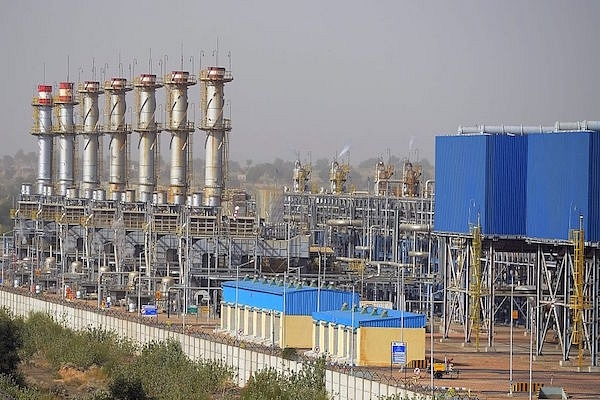
Govt’s Idea Of A Mega-Merger Of 13 Oil Companies Will Be Counter-Productive
The world over, focused, aggressive companies deliver value. Creating a leviathan that will be too big to manage hardly makes sense.
This article discusses three reasons, in particular, for why the mega-merger would prove to be counter-productive.
The Modi government is said to be exploring the
idea of merging 13 oil companies – Oil and Natural Gas Corporation (ONGC), Indian Oil and other refining and
marketing companies, as well as some non-production companies such as Petroleum
Conservation Research Association – to create a megacorporation to rival some of the
global oil giants. Such a megacorp could conceivably have a market value in
excess of $80 billion.
The logic behind this mega-merger, which may never
happen, is questionable. The world over, big is no longer beautiful; it is
focused, aggressive companies that deliver value. Creating a leviathan that
will be too big to manage hardly makes sense.
If at all the government wants to aggregate,
the best option is a holding company, which allows market values to be
consolidated into one entity, even while leaving the subsidiary units, many of
which are anyway listed, to focus on the job at hand and deliver the goods.
Consider the downsides of a mega-merger.
One, mergers are about people, not just assets and
liabilities. Trying to get 13 groups of employees to work in a single company
will be a herculean task in human resources, and will probably engage the merged entity for
more than two years before things settle. This time is better used getting
these companies to become leaner and meaner. Worldwide, two out of three
mergers do not deliver value. Dharmendra Pradhan, the Minister of State for
Petroleum, should not waste his time with such an idea.
Two, historically, oil companies have been vertically integrated from exploration to refining to marketing, and sometimes even petrochemicals. But each part of the value chain is a different business, and has its own challenges. The exploration and production cycle needs a different management focus from the refining business, which needs information on optimum sourcing of crudes based on demand for petro-products. Marketing and retailing are, of course, consumer-facing businesses, where branding and distribution are key.
This means the current structure, where ONGC and Oil India explore and produce oil and gas while Indian Oil, Bharat Petroleum Corporation Limited (BPCL) and Hindustan Petroleum Corporation Limited (HPCL) focus on refining and marketing, and Chennai and Kochi Petroleum just refine, is reasonably sensible. At best, the two pure refiners can be merged into marketing companies. ONGC and Oil India too could be merged. But a 13-company merger would simply be counter-productive.
Three, there is the moral hazard of retaining the production of sensitive petroleum products within the government sector. When oil prices rise, the temptation in government will be to keep prices down by forcing these companies to absorb losses through cross-subsidies. During the United Progressive Alliance (UPA) years, this is how product prices were kept down at the retail end while the oil marketing companies were bled dry.
Reliance Industries, which was left out of this obligation to sell at low prices, simply wound up its marketing outlets and exported the bulk of the production. Privatising the oil marketing companies will reduce the temptation of governments to use public sector resources to subsidise their political ambitions. The UPA years saw petro-products being subsidised to the extent of nearly Rs 8,40,000 crore. Trying to fix this hole in the budget was what caused the sharp slowdown after 2012. And electoral defeat in 2014, one may add.
Put simply: merger is a bad idea.